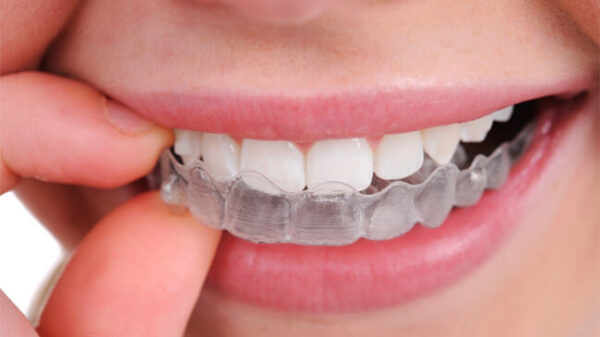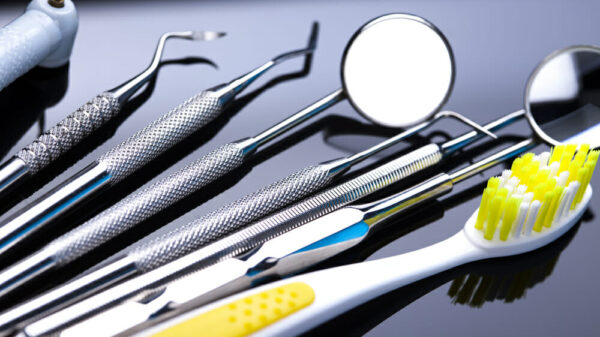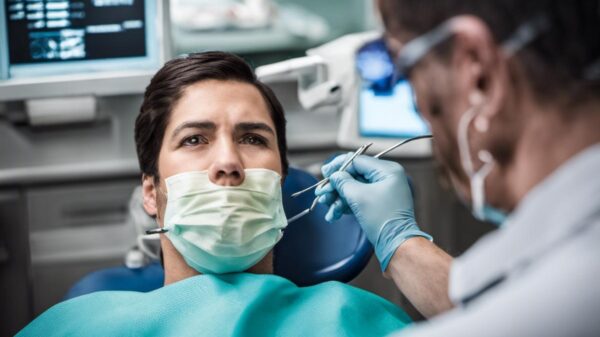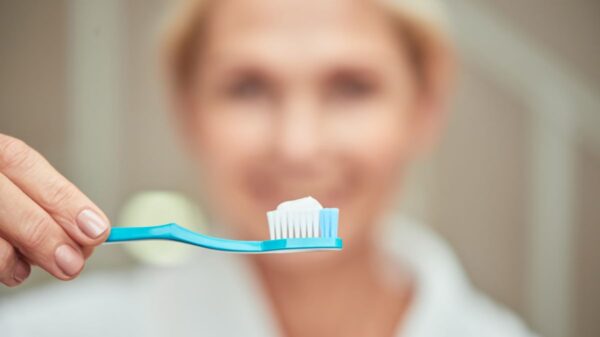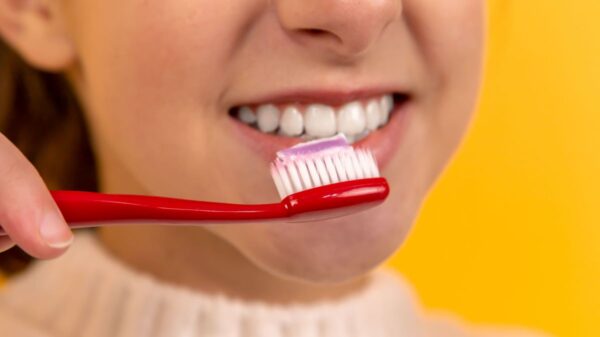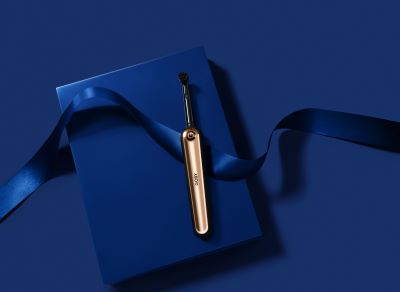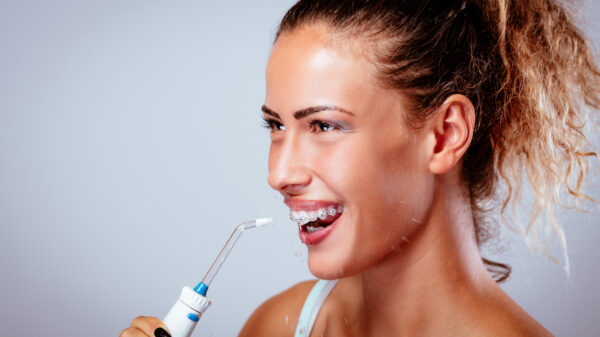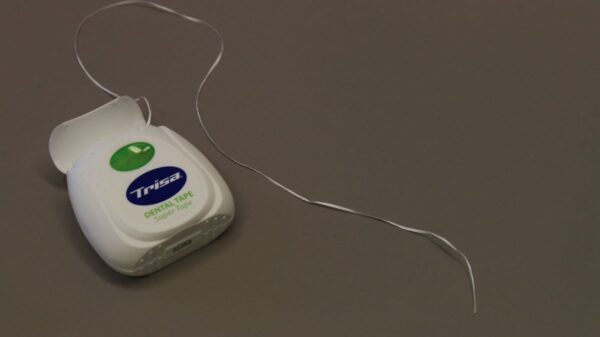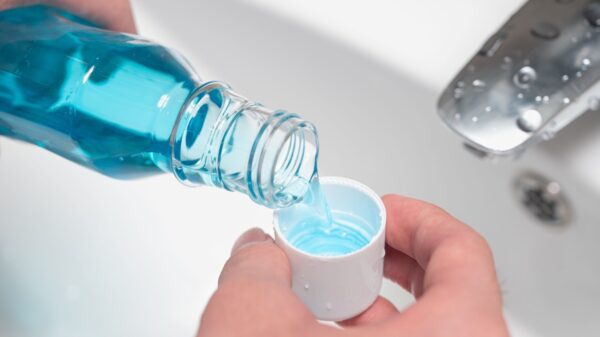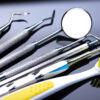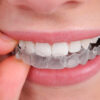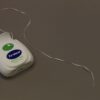Eating Ice Cream After Tooth Extractions
For many various reasons, tooth extraction is sometimes necessary. Whether it is to make room in your mouth, get rid of a decaying tooth, or help with oral pain, tooth extractions can be very beneficial. At the same time, it is often an invasive procedure that requires anesthesia and can cause some pain while the healing process begins. Tooth pain is some of the worst you can experience – it is uncomfortable and hard to ignore. So how can you numb the pain? Can you eat ice cream after an extraction? Let’s find out.
So, can I eat ice cream after a tooth extraction? Using cold compresses after an injury or procedure to prevent and decrease swelling is a common practice. In the same way, ice cream is a great way to help numb some of the pain from your tooth extraction procedure and reduce some of the swelling.
Most dentists will recommend that you pick up some ice cream on your way home after a dental procedure – eating ice cream now becomes doctor’s orders! When you eat the ice cream, blood vessels around the extracted tooth narrow, which prevents them from carrying fluid to the surrounding tissue and reduces swelling.

Why Would I Need a Tooth Extraction?
As we mentioned earlier, there are many different reasons why a tooth extraction procedure may become necessary. Some of the most common reasons may include a lack of space for teeth to grow or extremely decayed teeth that cannot be saved.
For some people, the bone structure in their jaw lacks adequate space for teeth to grow. In this case, tooth extraction can help facilitate better growth of other teeth by creating more room.
You may be thinking “don’t I need all my teeth?!” and the truth is, you don’t – not really. Your dentist will recognize whether lack of space is preventing necessary growth and can determine which teeth are needed, and which can be removed.
Another reason why tooth extraction becomes necessary is because of extreme decay. If you experience several, painful toothaches, it likely points to a cavity or decay. When this decay is too severe and cannot be saved, the tooth must be removed.
You will likely experience immediate relief from toothaches and headaches, and you’ll be able to eat normal foods again without pain.
While you may be nervous about a needed tooth extraction, they are typically very routine procedures and your dentist will only recommend one if they believe it is the best course of action.
What Happens During a Tooth Extraction?
Tooth extraction procedures are performed by dentists or oral surgeons. It is a relatively quick outpatient procedure, one that will likely require local, general, or intravenous anesthesia. Like any medical procedure, you should tell your doctor about any medications you take, allergies, and if you have any other medical conditions.
It is important if you are going under general anesthesia to have someone drive you to and from the procedure, and you will need to fast for a certain number of hours before the procedure. If it is a simple extraction, you will only receive a local anesthetic which will numb the area around your tooth and you will be awake during the extraction.
During a surgical extraction, you will be asleep for the procedure. The oral surgeon will go in and cut a small incision – they will potentially need to remove bone around your tooth or cut it before removing it. After the tooth is removed, they may use some dissolvable stitches, or allow it to close and heal on its own.
If you’ve never had a tooth extraction before, it can be a little nerve-racking. But, it often takes less than two hours and you likely won’t remember a thing. Your dentist will be able to walk you through what to expect and you will have immediate relief from toothaches after you heal.

What Should I Do After a Tooth Extraction?
Just like any medical procedure, there is a healing process that can take time, but there are some things you can do to help recover faster. The recovery time after a tooth extraction is typically only a couple of days, depending on the invasiveness of the procedure.
Post-procedure, it helps to apply a cold pack to your cheek or jaw to help reduce any swelling. Simply leave it on for 10-15 minutes every couple of hours.
Your dentist will likely put some gauze over the affected area in your mouth, so you’ll want to change it out after a few hours. If your dentist has prescribed you medications, take them as suggested – you can also take over-the-counter painkillers.
The best thing you can do to help recover after a tooth extraction is to rest and relax for the first 24 hours. This is your excuse to sit on the couch and watch TV for a day – take it!
You should not use a straw in the first 24 hours, as it can cause some issues with the recovery site. You should also stock up on some soft foods to eat, as it may take you a few days to feel comfortable with regular foods (yogurt, pudding, applesauce, soup, mashed potatoes, etc.)
Be careful brushing after the procedure – still do so normally but avoid the extraction site and be gentle. If for some reason you are experiencing pain for longer than a few days or have other symptoms like fever or drainage from the extraction site, call your dentist as soon as you can.
Eating Ice Cream After a Tooth Extraction is Good!
Good news! You finally have doctor’s orders to eat ice cream. While you shouldn’t make it a habit, it is definitely a good idea to pick up some ice cream on your way home from your extraction procedure.
The ice cream acts as an internal compress in conjunction with your external ice pack. Any anesthesia will wear off a few hours after the procedure and you may experience some dull pain. Ice cream is a great way to help numb the site and make you feel good while you relax and rest on the couch.
Ice cream not only tastes good and helps numb your extraction site, but it also helps to prevent and reduce any swelling. The blood vessels around the area contract, preventing them from carrying fluid to the surrounding tissue and reducing the swelling.
So, while you stock up on your soft foods for post-procedure, stock up on some ice cream too, and enjoy your few days of rest before getting back to normal.

Related Questions
How Much Does a Tooth Extraction Cost?
Depending on the invasiveness of the procedure needed, a tooth extraction price will vary. If it is a simple extraction, you can expect to pay between $75 to $200 per tooth. For a surgical extraction that requires more anesthesia, the procedure can cost between $800 and $4000.
These costs may vary depending on where you live and the type of insurance coverage you have. The type of procedure you need may, or may not, be covered by insurance. Be sure to call your agent and talk with your dentist to determine how much you will be expected to pay.
What Is Dry Socket?
After tooth extraction, a blood clot will naturally form in the socket – the hole where the extraction took place. In some cases, the blood clot doesn’t form or dislodges which can expose the bone inside the socket, causing “dry socket”. This can become quite painful and cause other symptoms like bleeding, fever, infection, nausea and vomiting, and swelling and redness at the surgical site.
If you experience any of these symptoms or excessive pain that lasts much longer than expected, contact your dentist. They can protect the area by putting a sedative dressing over the area for a few days and prescribe antibiotics to get rid of the infection.
What To Avoid After an Extraction?
Once you are awake, your mouth and tongue will likely both still be numb for a few hours after your procedure. (this can be a bit funny for the people around you as anesthesia has funny effects on a few people).
Because of the numbness, it is a good idea to avoid eating solid foods until your mouth is no longer numb. While over-the-counter painkillers are fine to take, you should avoid aspirin as it is a blood thinner and may prevent necessary clotting.
Take care of the extraction site just like any external procedure – don’t poke at it or pick at it as it can delay healing time. Don’t smoke for 2 days after your procedure and avoid hot drinks, sodas, sweets, and spicy foods for at least a few hours – some warm soups are okay though.
Your dentist can help guide you through what to expect, so be sure to ask any questions you may have.




